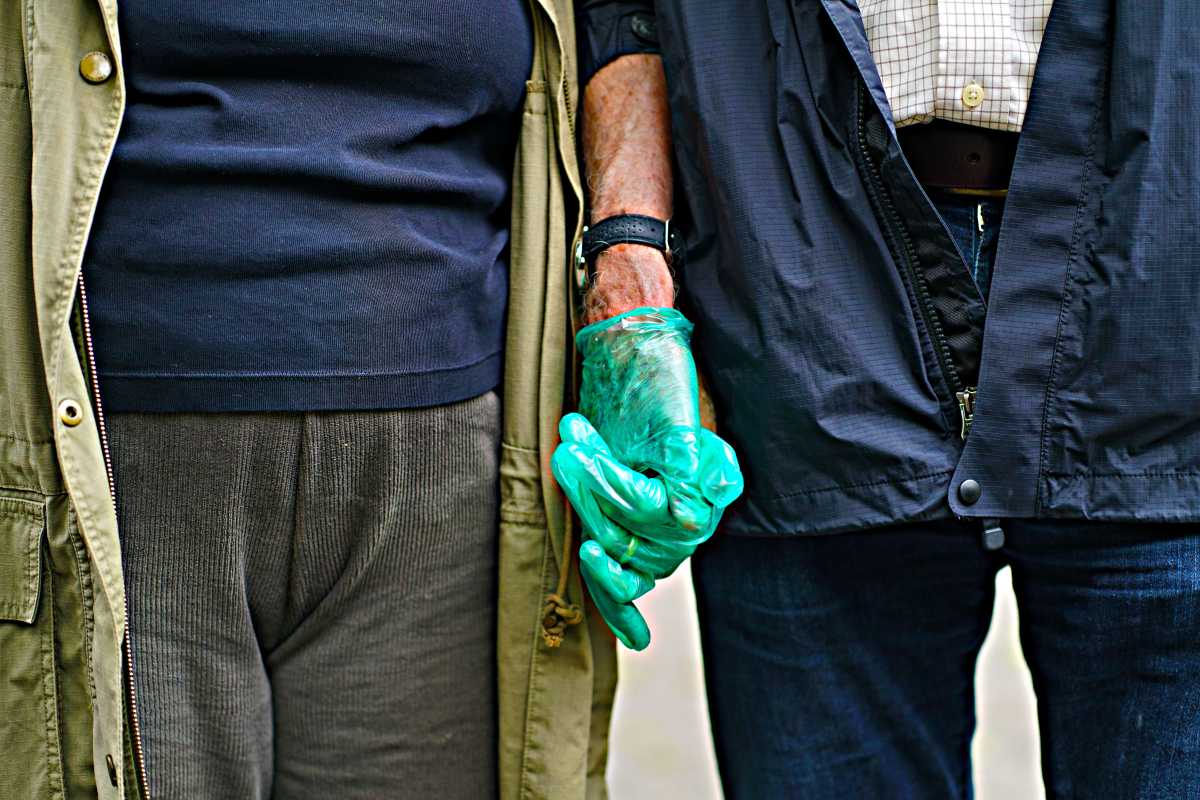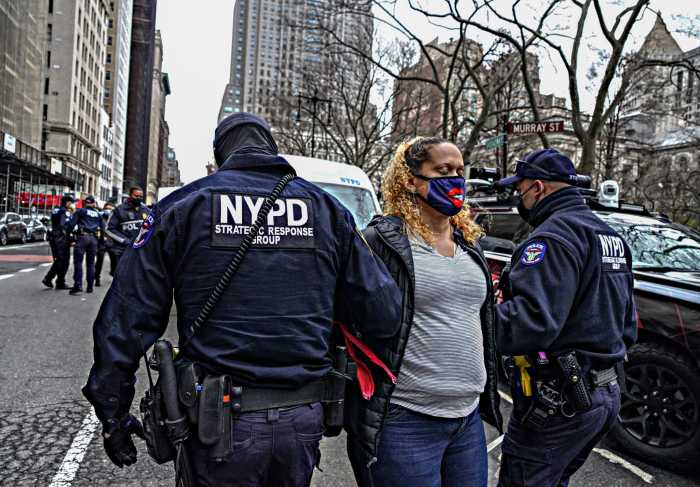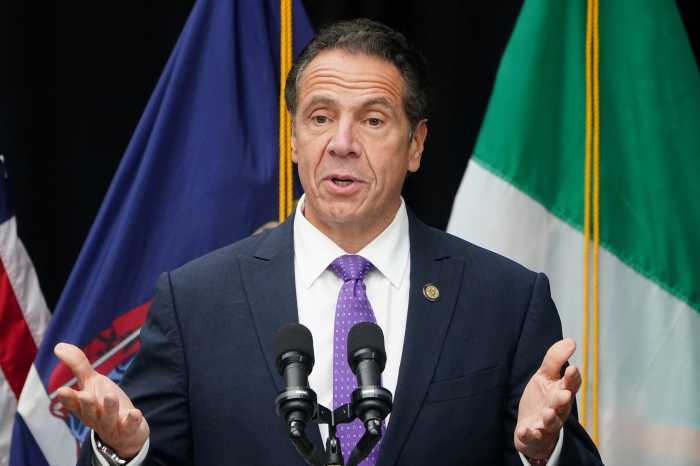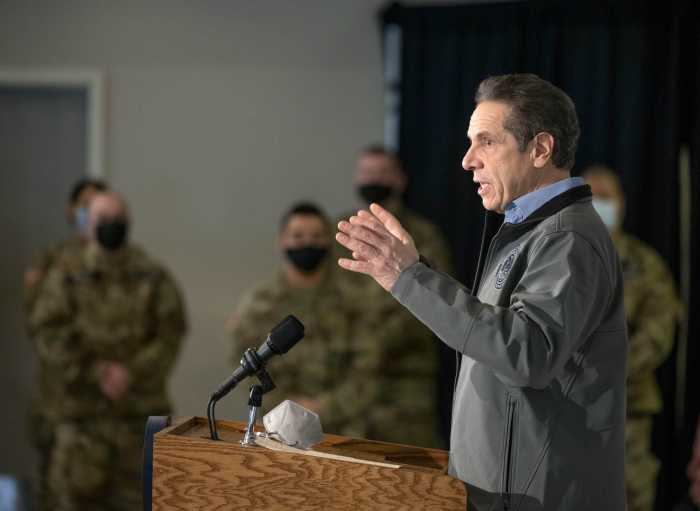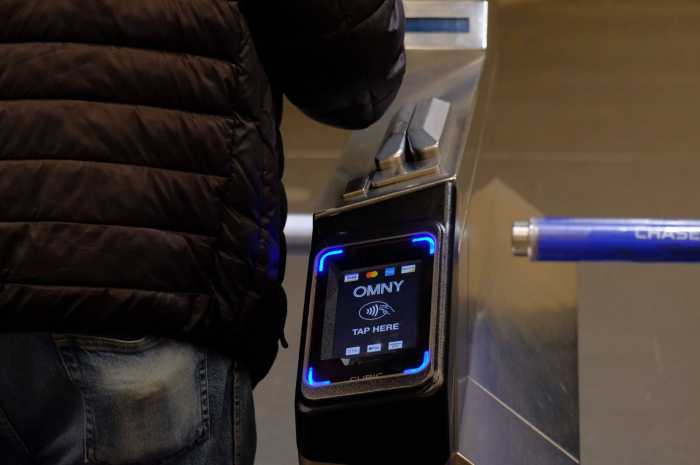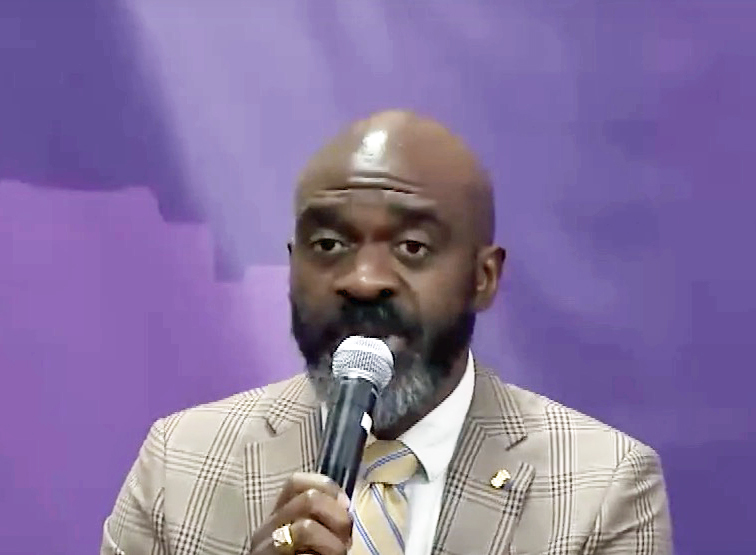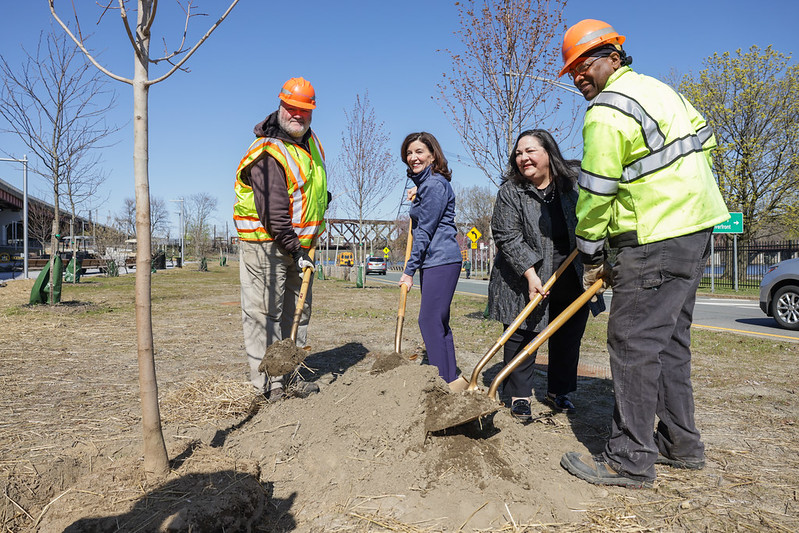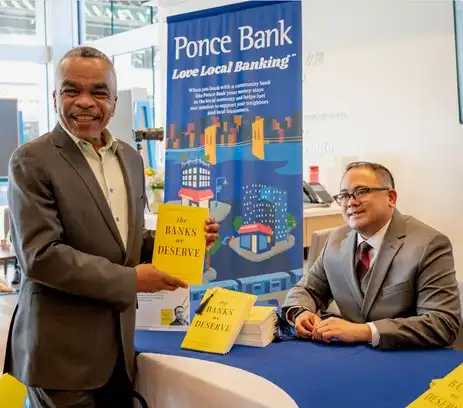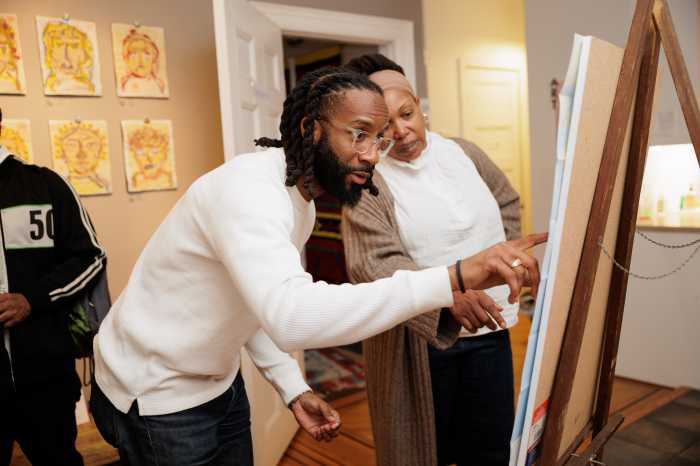In one last-ditch effort before elected officials meet to discuss the budget, caregivers are calling on the Speaker of the New York State Assembly Carl E. Heastie to protect the integrity of the Consumer Directed Personal Assistance Program (CDPAP) by submitting a letter signed by 174 of his constituents.
April 1 was the deadline for the New York State budget, and as elected officials and other organizations scramble to ensure their causes were included in the fiscal discussion, there was one program that is in danger of being significantly reduced by strict regulations—the Consumer Directed Personal Assistance Program (CDPAP).
This Medicaid-funded initiative allows patients to pick caregivers from their very own family, friends, or even a traditional homecare aide, and in turn, financially supports the selected person to provide care. The program enables the patient to remain independent in their home while that family member or friend helps maintain the well-being of that individual.
Since the onslaught of the COVID-19 pandemic, CDPAP was the option many families turned to, and still utilize, to keep their seniors’ home and safe rather than risking exposure in a nursing home. With more than 15,000 nursing home resident deaths reported last year due to exposure to the coronavirus, families have been looking for ways to protect their most vulnerable.
Caregivers and patients enrolled in CDPAP fear that this beneficial program may be strangled into oblivion due to the Department of Health (DOH) placing strict parameters to regulate it last year. In doing so, it has also limited the number of agencies that would pay these handpicked caregivers. Although this program has been very popular, these stringent guidelines have dramatically reduced the agencies that qualify for the Medicaid paid portion of the program (allowing caregivers to receive money for their work). If this continues, Caregivers feel that DOH’s parameters will cause a disruption of care and make it more difficult for New Yorkers to participate in.
In this letter to Heastie, a portion reads: “It is unconscionable that the state’s misguided attempt to reign in this program by reducing the number of approved providers may well upend the entire industry and leave thousands of New Yorkers scrambling for options. We are urgently asking you to step up and save CDPAP to protect the most vulnerable constituents in your district.”
The letter suggests that Heastie and other members of the assembly increase budgeting to allow for more individuals to enroll in CDPAP without strict parameters limiting the amount of agencies involved. For many, this program has made a huge difference in their lives.
Bronx native Myrna Motta, 58, is one of many caregivers who are paid under the CDPAP program. Through this initiative, Motta is able to care for her 81-year-old mother, Myrna Santana.
Motta learned that her mother’s home attendant was not providing sufficient care when she saw Santana weighed less than 100 pounds, had sores on her legs, and became extremely frail. She stepped in and took over her mother’s care with the help of CDPAP this became a paid job, rather than a financial burden.
“I think that if she would have been in a nursing home, I don’t think she would have made it…in the conditions that she was in when I got her,” Motta told amNewYork Metro.
Since February, Motta has been cooking, cleaning, and handling the overall well-being of her mother who is now about 120 pounds and a lot healthier. Through CDPAP she has been able to get gloves, hand sanitizer, uniforms and other essentials to protect her mother from COVID-19 whenever they venture outdoors.
Without CDPAP, Motta says she would be jobless and in debt. She credits the program for keeping her mother safe and her employed while providing care.
“I would be jobless. Where am I going to go? I’m 58 years old already. How am I going to pay my bill? I would be homeless by the time I get a new job. Who’s going to hire a 58-year-old person nowadays,” Motta said.
To help protect the integrity of CDPAP, Assemblyman Richard Gottfried put forward a bill that would deter any parameter changes to the program for one year, but this is only a temporary fix. Caregivers are asking the Assembly to make a more permanent budgetary solution to this issue.
amNewYork Metro reached out to Heastie’s office for comment, and is awaiting a response.



